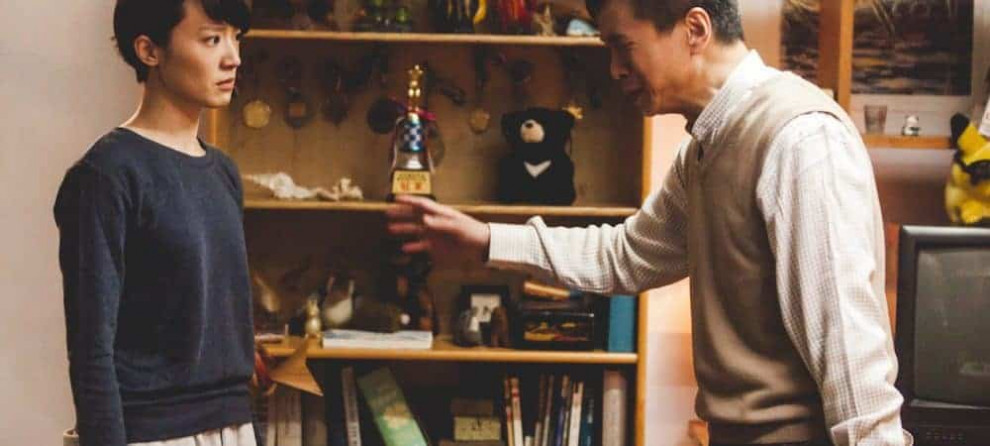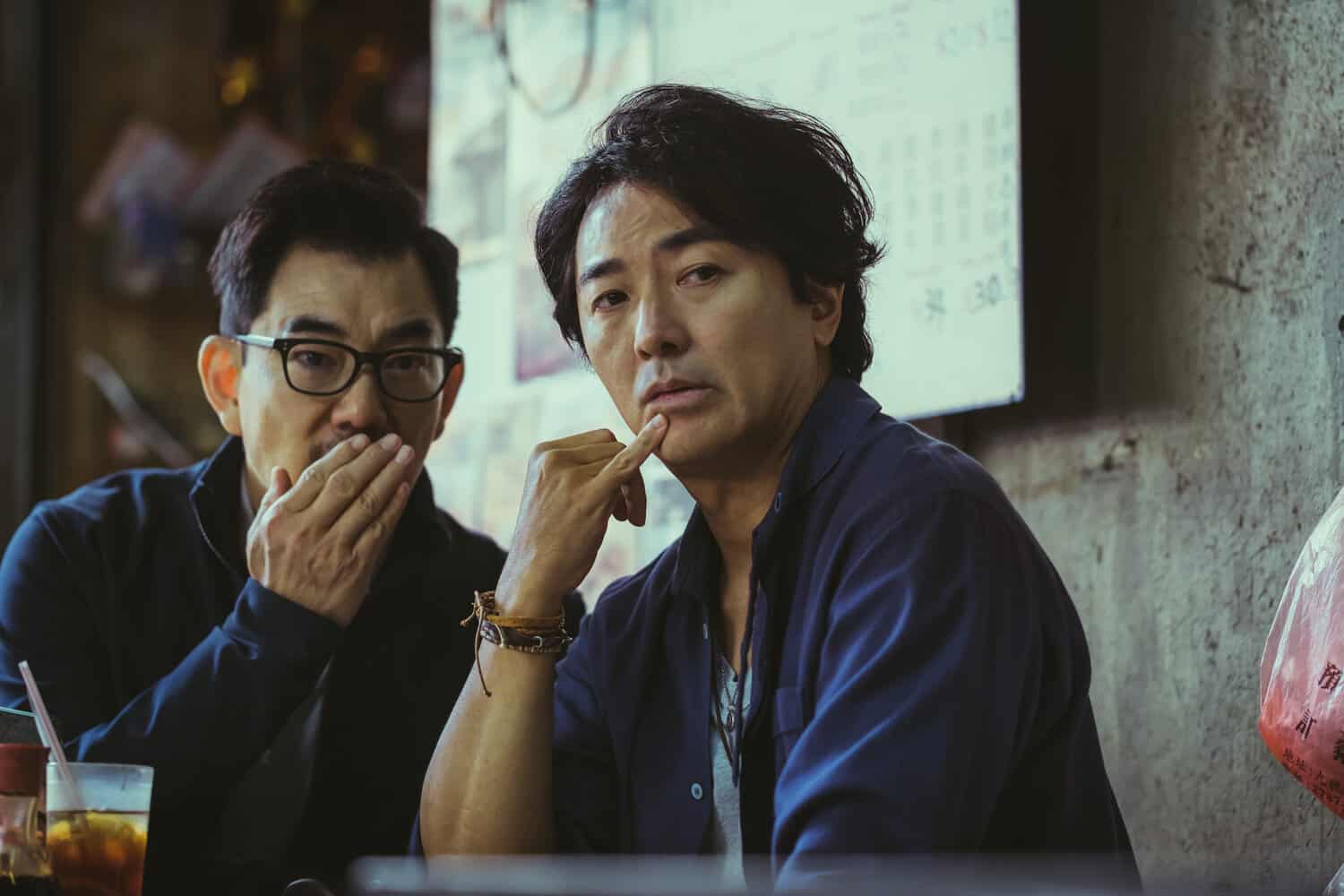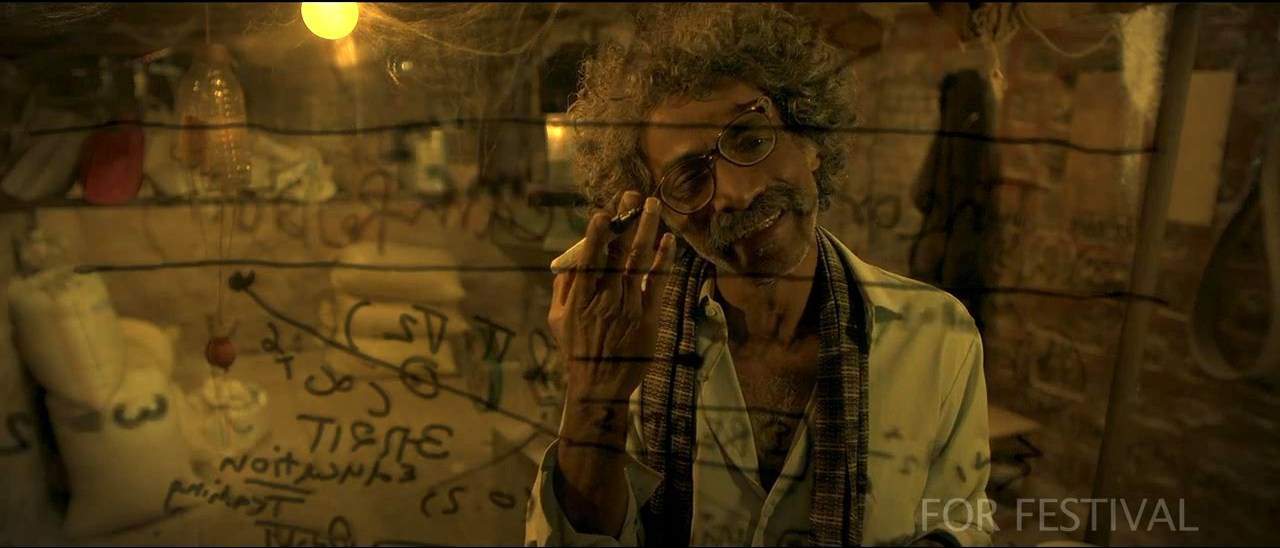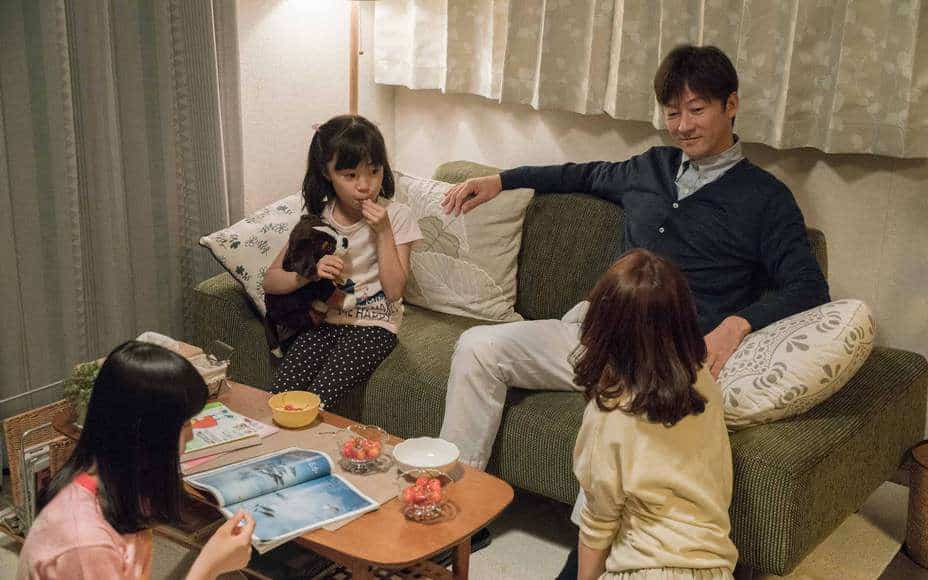A Sheng is a Taiwanese factory owner, who has remarried and settled in Beijing. His two daughters, one from each wedding, are living in the same apartment in Taiwan. When the youngest one dies, during a scuba dive with her sister, Shin, and the leader of the swimming team of their school, who is also Shin's boyfriend, A Sheng is forced to return to Taiwan. Furthermore, the police press charges against Shin for her sister's death. A Sheng now has to face his estranged daughter, his ex-wife, the death of his youngest, and the rage of his current wife, who is convinced that Shin is responsible and is willing to go to extremes to make her pay.
Chen Yu-jie, in his debut, directs and pens a film that revolves around a very dysfunctional family. According to him, though, the parents are to blame for all of the family's troubles due to their behavior, over the years. A Sheng has left his daughters in another country, not dealing much with them, apart from paying for their expenses. Furthermore, he placed the two of them together, without asking them, thus resulting in a number of issues between them, as is revealed as the story progresses. His first wife, is a miser who constantly nagged him for working too much, and when he left her, he transported her behaviour towards Shin, who felt the need to move out of the house they lived together. Lastly, his current wife borders on being “crazy,” having such an erratic behavior that not even her daughter's death can justify. Chen evidently picks a side, that of Shin's, who is portrayed as the one most victimized by the situation. However, in the end he revokes the image of the parents he portrayed in the rest of the movie, justifying their actions to a point, and highlighting the fact that they actually love their children very much.
According to Chen, there is an additional layer in the film, as the relationship between the members of the family living in China and the ones living in Taiwan, symbolize the relationships between the two countries, who have been intense (to say the least) for decades now. The ending of the film clearly presents Chen's opinion for a solution on the matter.
His direction finds its apogee in the scenes where there is direct confrontation, all of which feature Phoebe Lin, who gives a great performance as Shin, with her silences actually stressing the scenes where she acts out. Particularly the ones with A Sheng's second wife are quite shocking, additionally highlighting Xuan Wang's splendid performance, as a woman who seems to have lost any semblance of logic due to her daughter's death. Tian-zhu Li as A Sheng is also quite good, in a restrained performance that stresses the inner struggle of a character torn between two families. Furthermore, the way he builds the story, by slowly revealing facts about the family and the incident, is impressive, and retains an agony for a revelation throughout the film's duration. In this practice, the movie benefits the most by Gao Ming-sheng and Wang Jing-quiao's editing, who retain the relatively fast pace, as their cuts are excellently placed and support the step-by-step revelation.
Zhang Zhiteng's cinematography focuses on the realistic depiction of the urban environment the film takes place in, while he also presents some very beautiful, underwater shots.
“Lost Daughter” is a great family drama, that benefits the most from its direction, acting and editing, while also having additional depth due to the “allegory” regarding the relationships of the two countries.















